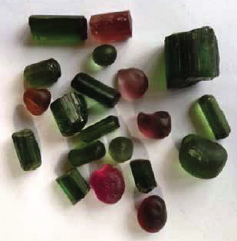
Coloured gemstones in eastern DRC: Tourmaline exploitation and trade in the Kivus
May 11, 2016Responsible sourcing efforts in the Democratic Republic of Congo (DRC) to date have focused predominantly on the so-called 3TG (tin, tungsten, tantalum and gold) sector. Nevertheless, the artisanal exploitation of other minerals including semi-precious gemstones, such as tourmaline, can also make notable contributions to local livelihoods […]
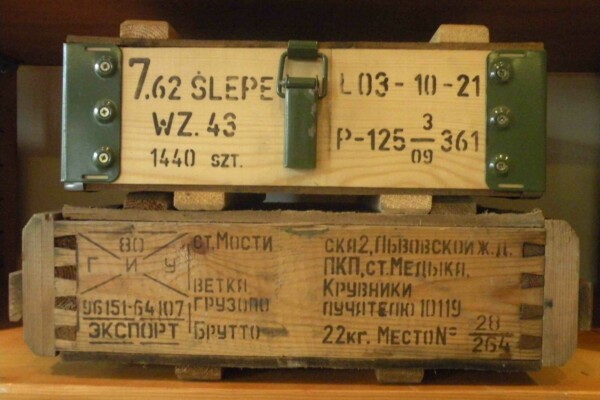
Arms Trade Highlights: January – February 2016
March 16, 2016In our last editorial, we cautioned not to overlook government-approved arms transfers to unstable regions in the face of a focus on the illicit trafficking of arms used in terrorist attacks. Current events, especially surrounding arms transfers to Saudi Arabia and the situation in Yemen, confirm this concern. The conflict in Yemen continues to escalate. Various exporting countries are profiting f
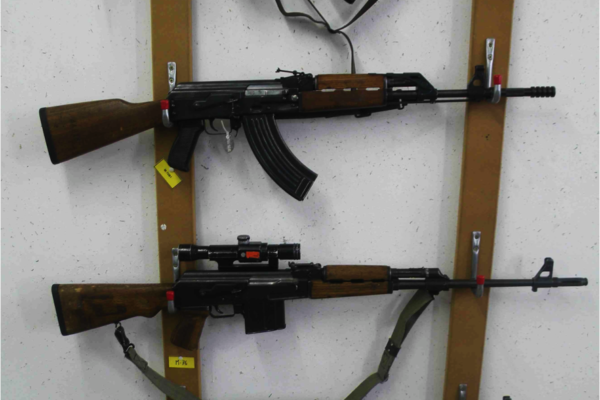
Arms Trade Highlights: October – December 2015
January 20, 20162015 ended with sad news: the death of our colleague and friend, Sergio Finardi. The world has lost a brilliant arms trade and defence logistics researcher. Although publicly ignored by some, his research was freely copied by those same entities and often left uncredited. His mark on his field of expertise remains indelible. Some of the perpetrators of the 13 November Paris terrorist attacks were
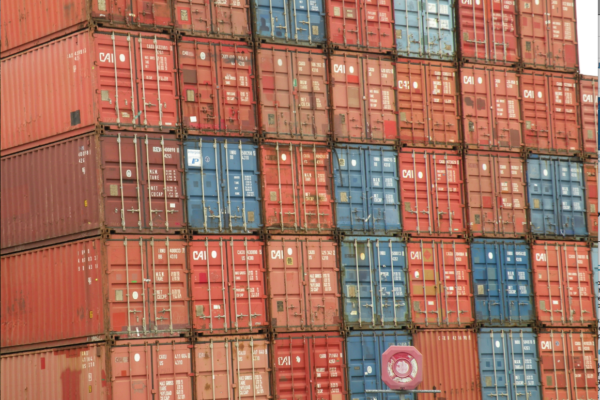
Arms Trade Highlights: August – September 2015
November 5, 2015The first Conference of States Parties to the Arms Trade Treaty was held in Mexico on August 24-27, 2015. Key outcomes from discussions at the Conference included the selection of Geneva as the seat of the permanent secretariat for the ATT, as well as agreement that future decisions will be made by majority vote. The International Committee of the Red Cross voiced concerns that many States continu
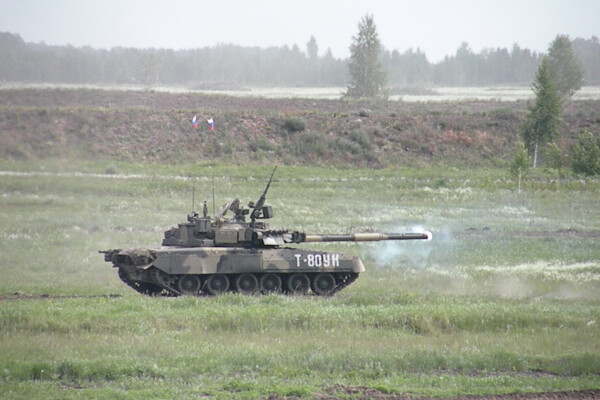
Arms Trade Highlights: June – July 2015
August 13, 2015Recent years have seen increasing emphasis placed on the need to eradicate the illicit trade in small arms and light weapons. Governments – and civil society generally – have recognized the trade as contributing to insecurity that has occasioned mass human displacement on a scale not seen since the end of World War Two. When cases of illicit arms trading come to light, the world is often reminded
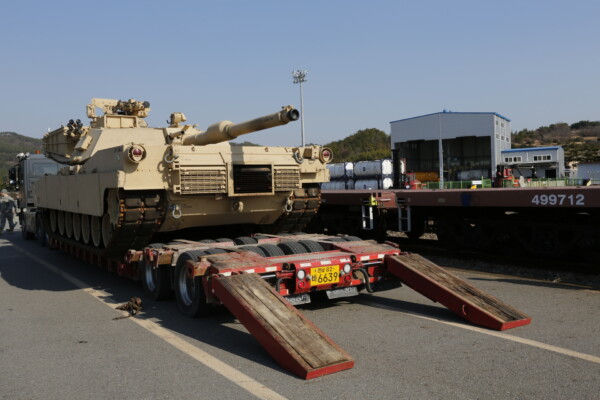
Arms Trade Highlights: January – May 2015
June 14, 2015The landmark Arms Trade Treaty (ATT), regulating the international trade in conventional arms entered into force on 24 December 2014. With 130 State signatories and 69 ratifications to date, the Convention will see its first Conference of States Parties take place between 24 to 27 August 2015. Missing from the list of signatories are Canada, China, and Russia. Canada ‘s justification for opting ou
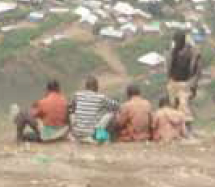
Annual report 2014
January 1, 2015Download in PDF or open with issuu reader http://issuu.com/ipisresearch/docs/activity_report_2014_web

The Adverse Human Rights Risks and Impacts of European Companies: Getting a glimpse of the picture
October 20, 2014This report presents the findings of a study undertaken by IPIS and commissioned by the European Coalition for Corporate Justice on the extent to which European companies are identified in concerns about adverse human rights risks and impacts. Gathering concerns raised regarding the human rights risks and impacts of companies listed on the UK’s FTSE 100, France’s CAC 40 and the German DAX 30, the
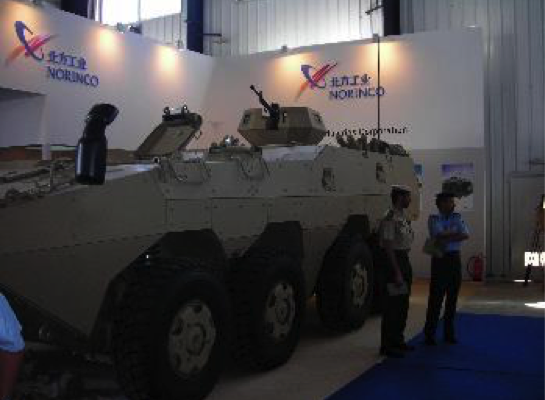
Working paper on China North Industries Group Corporation
October 14, 2014The International Peace Information Service (IPIS) and the Omega Research Foundation (Omega) have undertaken a comprehensive review of one of China’s largest state-owned companies. Norinco – known formally as China North Industries Group Corporation (CNGC) was established in 1999 and consists of at least 46 member units which then have several subordinate companies, joint ventures and associate co
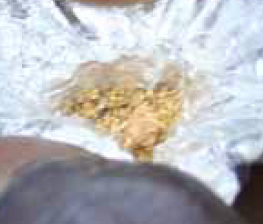
Annual Report 2013 IPIS
December 31, 2013Download in pdf or open with issuu reader. http://issuu.com/ipisresearch/docs/ipisvzw_annual_report2013
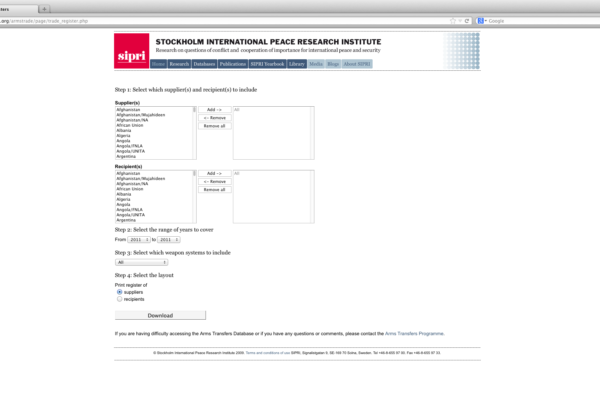
Online public databases for Arms Trade Research
August 29, 2013In recent years IPIS has published several publications in collaboration with local African organisations. Such cooperation has allowed us to share know-how from over 30 years of research experience while benefitting from our partners’ networks and understanding of local issues. Although IPIS’ research assignments are often limited to a few months, we are increasingly trying to improve our working
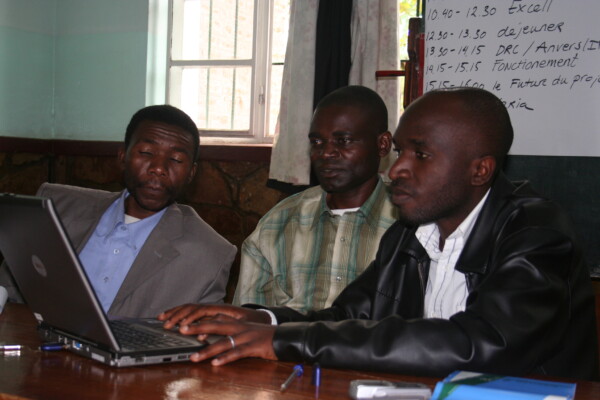
Planning and Running a Research Project
August 12, 2013In recent years IPIS has published several publications in collaboration with local African organisations. Such cooperation has allowed us to share know-how from over 30 years of research experience while benefitting from our partners’ networks and understanding of local issues. Although IPIS’ research assignments are often limited to a few months, we are increasingly trying to improve our working
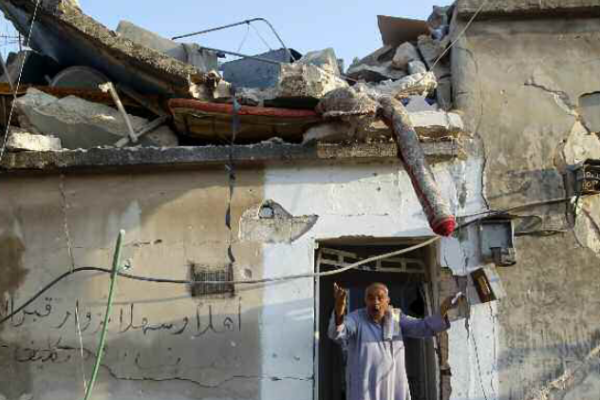
Major Powers Fuelling Atrocities. Why the world needs a robust Arms Trade Treaty
March 15, 2013IPIS contributed to the research for this AI report. Every year, thousands of people are killed, injured, raped and forced to flee from their homes as a result of abuses and atrocities committed with conventional arms and ammunition. Harrowing testimonies and images from conflict zones and human rights crises around the world underline the urgent need to end irresponsible arms transfers and illicit

Upstream Implementation of the OECD Due Diligence Guidance for Responsible Supply Chains of Minerals from Conflict-Affected and High-Risk Areas. Final Report on one-year pilot implementation of the Supplement on Tin, Tantalum, and Tungsten
January 1, 2013Final Report on one-year pilot implementation of the Supplement on Tin, Tantalum, and Tungsten. This report is the final in a cycle of three reports on the pilot implementation by upstream companies of the “Supplement on Tin, Tantalum and Tungsten of the OECD Due Diligence Guidance for Responsible Supply Chains of Minerals from Conflict-Affected and High-Risk Areas”. The goal of the report is to p

Annual Report 2012 IPIS
December 31, 2012Download in pdf or open with issuu reader. http://issuu.com/ipisresearch/docs/20130410_annual_report2012-1

The formalisation of artisanal mining in the DRC and Rwanda
December 29, 2012This report describes and evaluates initiatives to formalise the artisanal mining sector in the Democratic Republic of the Congo (DRC) and Rwanda, in order to locate lessons learned. We hope that these perspectives will support the formation of well-informed policy and regulatory options – both by the EU and by harvesting countries – concerning the formalisation of timber production in tropical co
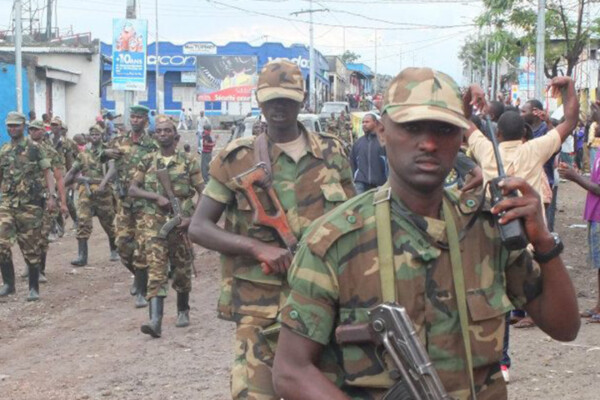
Mapping Conflict Motives: M23 (2012)
November 30, 2012In light of the recent occupation of Goma by M23 and the renewed risk of large-scale armed conflict in the DRC, IPIS publishes an update to its 2007-2010 ‘mapping conflict motives’ report series focussing specifically on the intentions of M23. The M23 rebels show a clear political ambition and a tendency to establish political control over territory and challenge Kinshasa’s authority – strategic i

Upstream Implementation of the OECD Due Diligence Guidance for Responsible Supply Chains of Minerals from Conflict-Affected and High-Risk Areas. Cycle 2 Interim Progress Report on the Supplement on Tin, Tantalum, and Tungsten
June 20, 2012Cycle 2 Interim Progress Report on the Supplement on Tin, Tantalum, and Tungsten. The following report is the second in a cycle of three on upstream companies’ implementation of the Supplement on Tin, Tantalum and Tungsten to the OECD’s Due Diligence Guidance for Responsible Supply Chains of Minerals from Conflict-Affected and High-Risk Areas. The objective of the following is to report on progres
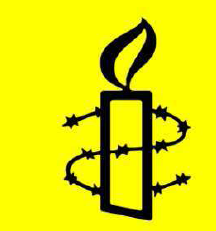
Vlaams Wapenhandeldecreet: Analyse en aanbevelingen
March 9, 2012In november 2011 werd in het Vlaams Parlement een ontwerp van decreet ingediend ter vervanging van de federale wet van 5 augustus 1991 over in-, uit- en doorvoer van militair materieel, dit als gevolg van de regionalisering van de bevoegdheid inzake wapenhandel en van de Europese ICT-richtlijn die in mei 2009 goedgekeurd werd door de Raad en het Europees Parlement. Amnesty International toetste di

Annual Report 2011 IPIS
December 31, 2011Download in pdf or open with issuu reader. http://issuu.com/ipisresearch/docs/ipis_annualreport2011-1

